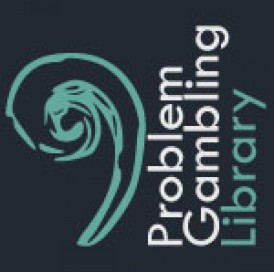Abstract
Telephone and letter-based motivational interventions with high expenditure gamblers have significant short and long term positive effects on gambling and use of responsible gambling tools. This report examines how different subtypes of gamblers, based upon patterns of play, are differentially affected. A randomized controlled trial design with three conditions (n = 1003 in each): feedback intervention by letter, telephone or a no-contact control condition. Subtypes of gamblers were derived by latent class analyses (LCA) based upon gambling behavior pre intervention. The participants were customers of Norsk Tipping gambling platforms. 1003 statistical triplets from the top 0.5% of customers based upon annual expenditure, matched on sex, age, and net losses. Primary outcome measure was gambling theoretical loss (TL), derived from the Norsk Tipping customer database. The LCA identified six subtypes: High Casino, High Sport, High Lottery, High Video lottery terminal (VLT), Lottery/Mix and Bingo/Casino. There were almost no differences in change in TL between the six subtypes of gamblers receiving the letter or telefone interventions respectively. However, the choice of contact by letter or telephone did have different effects for the different gambling subtypes. Sending a letter seems like a cost effective alternative to telephone contact for the High Lottery type, but telephone contact performs better for High Casino, High Sport and High VLT customers. Responsible gambling interventions can be improved by subtyping of gamblers. Link to the article
Citation: Jonsson, J., Hodgins, D.C., & Munck, I. et al. (2020), Reaching out to big losers: How different types of gamblers are affected by a brief motivational contact initiated by the gambling provider. Journal of Gambling Studies. doi: https://doi.org/10.1007/s10899-020-09978-7
